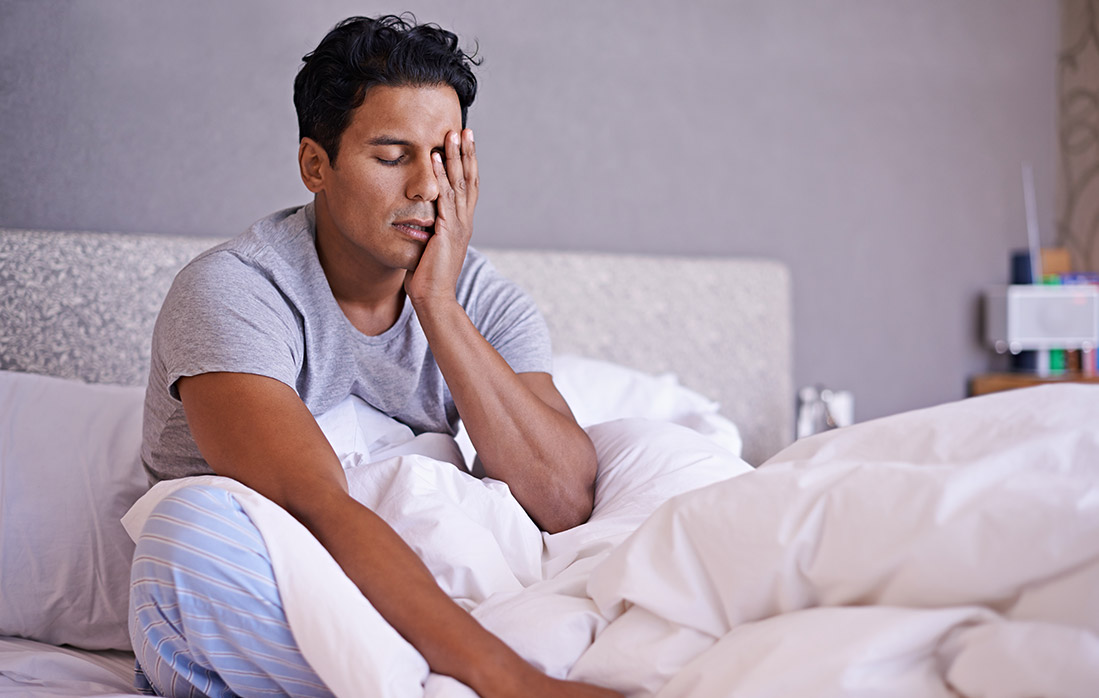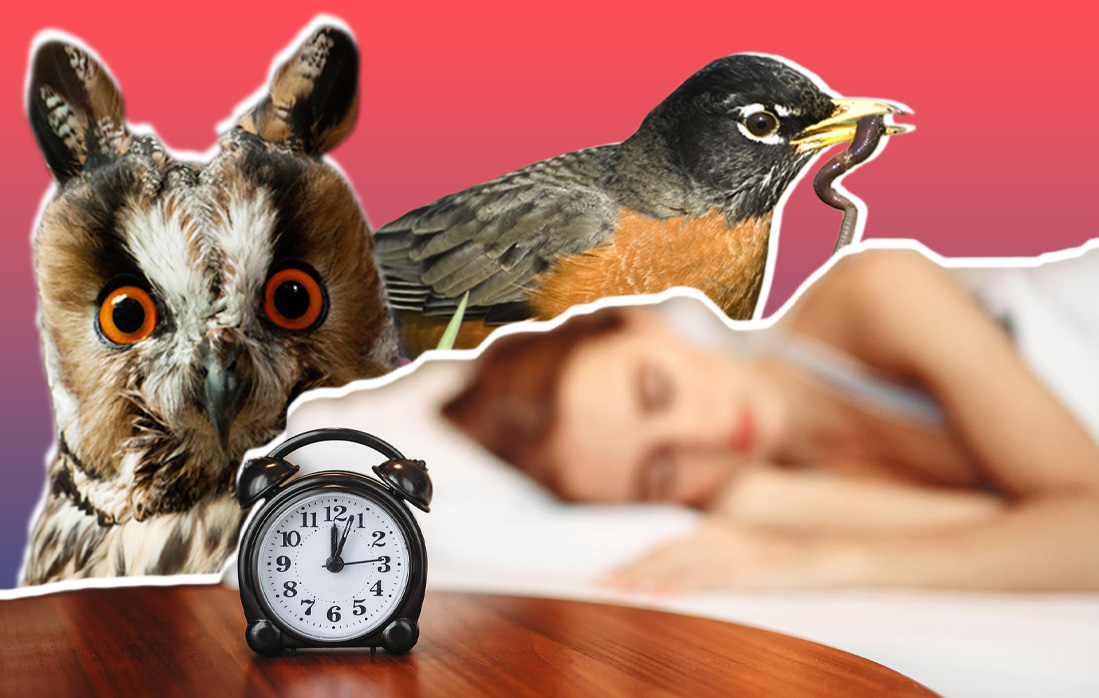
We’ve all felt that afternoon lull, when you are full from lunch, your morning coffee buzz has long worn off, and you could just really use a nap. In some European cultures especially, the art of the afternoon siesta is a longstanding norm where even some businesses close for a few hours after lunch, and everyone rests. A recent study published in the research journal Obesity in late April examined the napping and health habits of around 3,250 Mediterranean participants, 35% of which are regular “siesta takers” to figure out how this habit impacts their health and wellbeing.
The researchers compared the nappers to the non nappers, and found clear distinctions between them medically. Long siestas, defined as over 30 minutes, the research concluded, were associated with higher blood pressure, and increased body mass index scores (BMI). Longer nappers had a 41% increased rate of metabolic syndrome and high blood pressure.
Like anything, however, it’s a bit more complicated than long naps causing health issues. Instead, researchers know it’s a more complicated and layered issue, as metabolic rates and sleep timing interplay, and some of these nappers go to bed later, among other additional factors. Additional factors included the size of their lunches, whether they smoked or not, the timing of their food, and whether they slept in an armchair or sofa versus a bed for naptime. The researchers note that having meals and sleep time start later, and smoking higher numbers of cigarettes, might mediate the association between napping times and increased health concerns.
Around half of the nappers do so just to relax, while around one in three do so because they are actually tired. The study adds to the growing body of research that adds confusion to the pros and cons of napping, which was traditionally thought of as a positive habit, but is sometimes linked with these negative outcomes, the researchers noted. They point to previous studies, such as those showing naps longer than an hour have been linked to increases in cardiovascular conditions.
Shorter naps have been gaining popularity, reinventing the longstanding idea of a “cat nap,” such as former Navy Seal Jocko Willink’s “8 minute nap” that went viral on Tik Tok. Just don’t forget to set your alarm, to stay on schedule and, based on study results, to keep your overall health safe from extra long napping.

Going to Bed With Wet Hair? This Viral TikTok Will Change Your Mind

Everything You Need To Know About Sleep Inertia

New Study Shows How Certain Changes to Your Diet Could Help You Go to Bed (and Wake Up) Earlier

Can You Become a Morning or Night Person? Experts Weigh In.
Sources
, , , et al. Lifestyle mediators of associations among siestas, obesity, and metabolic health. Obesity (Silver Spring). 2023; 31( 5): 1227– 1239. doi:10.1002/oby.23765
Williamson, Laura. “Study of sleep in older adults suggests nixing naps, striving for 7-9 hours a night,” Heart.org. July 26, 2022.
